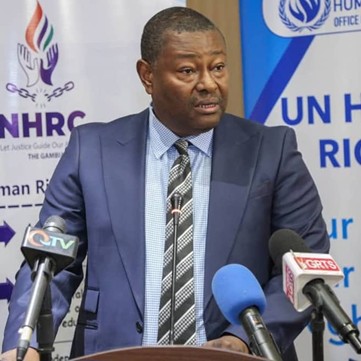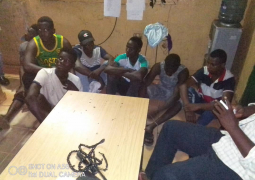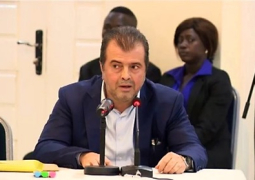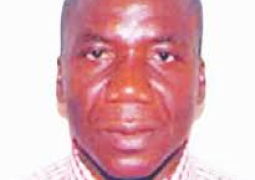
Speaking recently to The Point, Chairman Joof disclosed that the TRRC recommended 69 individuals for prosecution, including Jammeh, and that the Government’s White Paper on the Implementation of the TRRC Report fully endorsed those recommendations.
“The Special Prosecutor’s Office Act passed in 2024 is currently being set up with the aim of trying former President Yahya Jammeh and some of his colleagues for offenses that include universal jurisdiction, meaning he could face trial anywhere in the world,” Joof stated.
He further explained that the Special Accountability Mechanism Act, also passed in April 2024, seeks to bring Jammeh and his accomplices to justice for crimes against humanity, serious violations of Gambian law, and crimes against the administration of justice committed between July 1994 and January 2017. The law establishes a hybrid court comprising both domestic and international elements to prosecute those crimes.
Joof made it clear that while Jammeh, like any other Gambian citizen, has the constitutional right to return home, he risks arrest upon arrival given the gravity of the allegations against him.
“The Gambia is still affected by the atrocities committed under Jammeh’s regime,” Joof emphasised. “The nation has yet to heal from the systematic and gross human rights violations that characterized his 22 years in power.”
Joof noted that life in exile often weighs heavily on former autocratic rulers. History bears witness to figures like Jean-Bédel Bokassa, the self-proclaimed Emperor of the Central African Republic, who fled into exile in France after being overthrown in a 1979 military coup. Bokassa reportedly grew lonely and isolated before voluntarily returning home, where he was arrested, imprisoned, and later pardoned.





